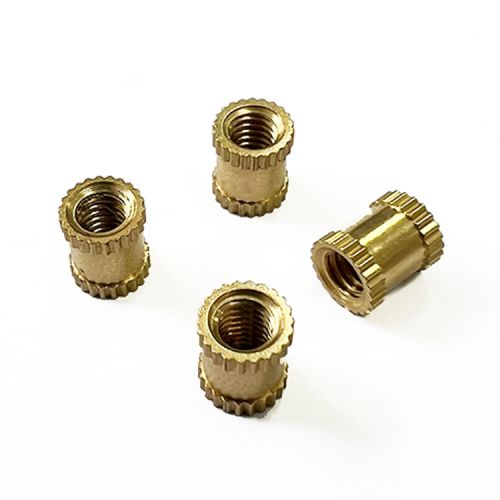

When manufacturers seek ISO Certified CNC Machined Brass Parts, they demand precision, durability, and compliance with international standards. Brass machining offers lead-free compliance options, making it safe for both industrial and consumer applications. These parts are essential in industries ranging from electronics to automotive because they deliver corrosion resistance and mechanical stability.
Whether you require OEM brass components for mass production or custom one-off parts, CNC machining ensures tight tolerances and repeatable quality. This article explores the pain points in brass component sourcing and the technical solutions CNC technology provides.
Many OEMs face problems when suppliers deliver inconsistent parts. Without ISO certified brass parts, dimensional deviations and material flaws can delay entire production schedules. This affects industries where precision is critical, such as medical devices and aerospace.
Inconsistent quality also leads to higher rejection rates, adding unnecessary inspection and rework costs. Switching to CNC machined brass parts from certified facilities ensures repeatable accuracy and compliance with industry regulations.
Production schedules suffer when suppliers cannot meet delivery deadlines. Long lead times often occur when suppliers lack in-house CNC machining capability or rely on outsourcing.
Using OEM brass components from a trusted ISO-certified manufacturer eliminates these delays. In-house machining, quality control, and raw material stock guarantee faster turnaround without compromising on quality.
Non-standard brass materials may corrode faster, especially in marine, chemical, or outdoor applications. This can shorten product lifespan and increase warranty claims.
Precision CNC brass parts made from certified alloys undergo rigorous testing, including salt spray and tensile strength evaluation, ensuring they meet the intended application requirements.

Some suppliers only offer standard brass fittings, which limits innovation in product development. Without custom CNC brass machining, designers must compromise on fit or functionality.
ISO-certified CNC facilities can produce complex geometries, tight-tolerance threads, and intricate surface finishes tailored to specific OEM needs, enabling faster product development cycles.
Poorly manufactured brass parts often require frequent maintenance or replacements. This increases total cost of ownership for equipment manufacturers.
By investing in ISO certified CNC machined brass parts, OEMs benefit from long-lasting performance, reduced service calls, and lower lifecycle costs.
ISO-certified CNC machining follows strict process controls to guarantee dimensional accuracy. Using CAD/CAM software, engineers program each component with tolerances as tight as ±0.01 mm.
Material Selection: Certified brass grades such as C36000 and lead-free C69300 offer excellent machinability, strength, and corrosion resistance.
Surface Finishing: Options include polishing, passivation, and nickel plating to enhance appearance and durability.
Inspection Protocols: Coordinate Measuring Machines (CMM) verify every production batch against 3D CAD models. Statistical Process Control (SPC) tracks production consistency, ensuring that OEM brass components meet design intent.
Reliability: Consistent quality with minimal dimensional variance.
Compliance: Meets RoHS and REACH requirements for lead-free compliance.
Flexibility: Supports both prototype runs and high-volume orders.
Performance: Superior strength and corrosion resistance in demanding environments.
When sourcing CNC machined brass parts, ISO certification ensures the highest standards in manufacturing and quality assurance. OEMs benefit from faster lead times, design flexibility, and proven durability.
If you want to explore our full range of certified brass components, visit our product category page.